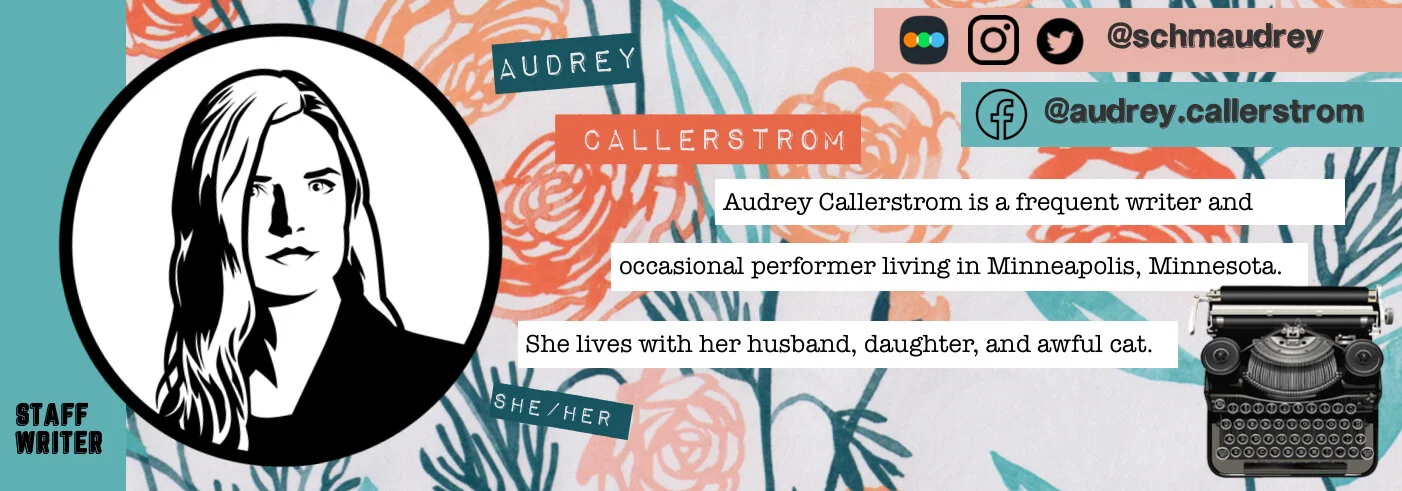CUSP is a dull documentary about bored Texas teens
Directed by Isabel Bethencourt and Parker Hill
Runtme: 1 hour 32 minutes
Unrated
Streaming on Showtime starting November 26
by Audrey Callerstrom, Staff Writer
I expect that filmmakers Isabel Bethencourt and Parker Hill, with their first feature length documentary, Cusp, thought they had discovered subjects worthy of a documentary. Teens Brittney, Aloni, and Autumn spend their summer drinking, smoking weed, fighting with parents, and enduring heartbreak. Each one claims they’re not like other kids their age in some way. The film opens with Brittney, in voiceover, indicating there is “no normal” when you’re a teenager growing up today. But Cusp fails to make its case. There’s nothing here that’s poignant or interesting about these teens. The whole film feels as boring as these teens feel, rushing to the next party or bonfire to drink because it’s something to do.
I was a teen once. In many ways, I feel like a permanent teen. I’m still in that body. I remember what it felt like. I remember feeling bored. I remember feeling depressed. Cusp follows three friends, who have no distinguishing traits from each other aside from their looks. Brittney, for example, does not have glasses. Autumn has glasses. And there’s Aloni, who is the only person of color of the group, and possibly the only one in the whole film, but it’s never addressed. Aside from one moment where it appears that Autumn is also a painter, we never understand these girls outside of superficial traits. You can distinguish Brittney from Autumn, for example, not only because Autumn has glasses, but because Brittney tends to speak in AAVE. Autumn does not.
I’ve seen Kids, I’ve seen Thirteen. None of these scenes of young people smoking and drinking and talking about having sex provoke any response from me. The girls talk about rape, but they’re not always using the word “rape.” Instead they’ll say “basically raped,” or talk about how they were coerced into having sex because they felt like they couldn’t say no. Perhaps the filmmakers thought they were making grander statements on toxic masculinity, but at a tight 90 minutes and without any context for who these people are or what it’s like to grow up in this town, all of these moments just feel pitiful. Most of the parents declined to be interviewed or shown on screen, for good reason. Aloni’s dad, who is never shown, shouts from outside their home about how he doesn’t like Aloni’s younger sister is wearing a shirt that shows her belly button. Brittney’s mom and dad think she hangs around with bad influences, but, as Brittney notes, her mom knew of a family friend who had molested Brittney and did nothing about it. It’s all very bleak.
I expect the title comes from the fact that these young women on are on the cusp of adulthood, but that’s not really true. It’s not as though this is their last summer before senior year, or before college, or before… anything. It’s a randomly selected summer of little consequence. It would be more interesting if they had found three very different young women from different backgrounds, but these three young girls seem to all live within walking distance of each other. There are some standout moments, like when the girls huddle in Autumn’s room to pierce her nipple (eek!), or when Aloni tries to explain the politics with their dad to her younger sister, who doesn’t seem to want to ruffle feathers. Cusp could have also benefitted from some interviews as well, as none of these girls seem motivated to talk about much on their own. There are some nice shots of sunsets, horizons, and birds on telephone wire, but the whole film seems like a short-form doc stretched over 90 minutes, and played on a loop.


